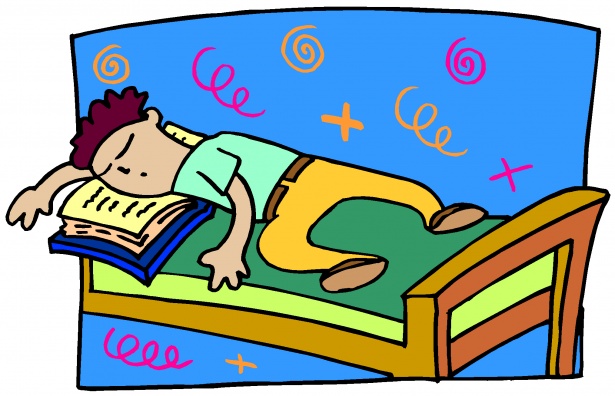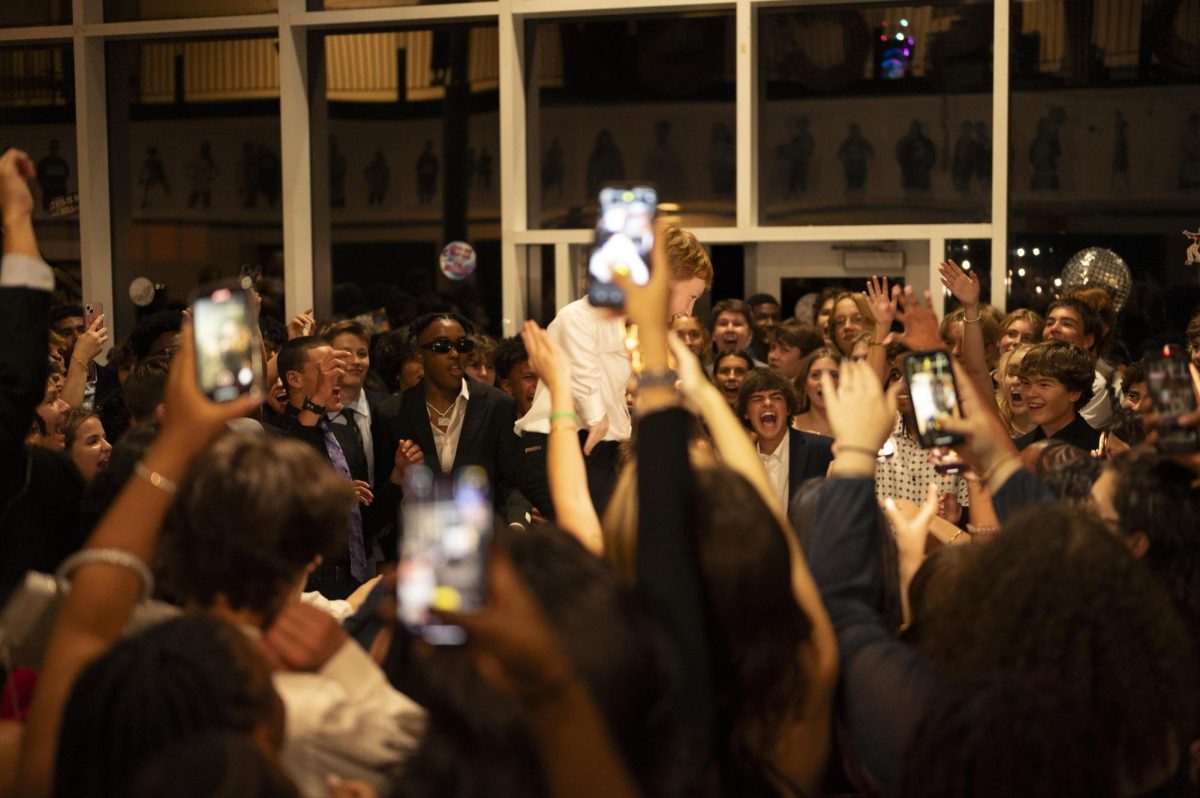The Root of Unhappiness
November 17, 2022
In the very attempt to break down the circumstantial and biological events that contribute to our societies unhappiness, one must consider the basis of our shared psychology. Humans are inherently an anomaly; our ability for conscious thought outside of the pursuit of surviving is really relatively new in the scheme of things. We are able to contemplate both the past and the future, which inextricably separates us from the present moment. Before modern medicine and technology, the constant fight to avoid famine or attack naturally rooted us in the moment. However, the human race is one moving towards progression. The school of thought that humans were the chosen conquerors of all natural struggle has propelled us into an era of avoidance of suffering. All of these advancements, things like cars, phones, mechanized farming, air travel, and so many more, have prioritized ease and speed. Over the course of time it has become clear that these pursuits are mutually exclusive to the human agenda, and often do not extend onto the well-being of the earth.
The whole basis of evolution revolves around a sense of competition, meaning the survival of the fittest will perpetually produce a more biologically advanced generation. However this intrinsic competition to survive has been replaced with the drive to accumulate wealth, and this has led to a continual exploitation of our natural resources as well as those in poverty. Our nature is to be self-centered, to seek the opportunities that serve us best, but does this lead to happiness?
Life is the simple acquisition of tragedy to one’s own identity. Some can hold off loss and suffering for a long time, but the battle is futile, as it is inevitable to lose the ones we love and to eventually lose ourselves. This is where this concept of identity comes into play. Identity is a western concept, the pursuit of characterizing ourselves, assigning adjectives to our “personalities’ ‘, even developing a signature style, and these are our final defense against acceptance of our individual meaninglessness. If we can create a reality within our heads where we believe we are somehow central, perhaps our existence means something.
I believe this ultimately leads to an egotistical outlook. Only when we accept our position as a single piece of the universal human experience will we understand that all of our perceived differences have been imposed by the ego. We try to be something consistent because it makes our identity feel immortal. However, in order to create connection, empathy, contentedness, and wisdom, we must understand that a personality and aesthetics are limits. A prescription of any characteristics to an ever-changing human leads us to act only from a place of self-interest, as each action will fuel the pursuit of being seen in a certain way. Freedom comes from the ability to endure suffering and the ability to escape other’s perceptions, which in turn frees us from the need to compete.
This idea of individualism has been responsible for some of the most trans formative moments of history. It emerged in the era of imperialism in the American colonies. In order to conquer a new terrain, create a new world, and dominate any threats to their control over the land, these people had to be outliers. They were the curious, the brave, the entitled, and the individuals. To be an “individual” means to take the path less traveled, but in American society it has become synonymous with the belief that the individual’s desires are one’s most important mission, and valuing one’s own identity and future so much leads to the ability to diminish the importance of others, specifically those inherently different from oneself.
Without this philosophy, how would one justify the genocide of a majority of the Native Americans? The enslavement of millions of Africans? The internment of Japanese Americans? How would one possibly justify any of this without the belief that one’s own desires should be valued over the damage they could cause. You cannot have capitalism without individualism. The belief that humans are a singular unit moving through the world to capture opportunities that serve one’s desire to be rich and respected fuels this sense of emptiness. The system relies on the belief that each individual is uniquely alone, and a person can rely on no one except themselves to achieve success. Even if one spends their whole life working towards this position, when they arrive they will find that without struggle we are nothing.
Capitalism offers a convenient solution to this emptiness: consumerism. The buyer expects material acquisition to fill some void, but once they have it they only want more, hoping the next thing will be able to take up the space of this emptiness. This mindset will not fill anyone up: we can stuff our faces and still feel hungry. And, as time has gone on, marketing of these products instills a sense of planned or perceived obsolescence of what we already have. Products are built to last a short time and it is socially enforced that a previous version is now outdated and therefore unfashionable.
Faced with this deteriorating world, in a rare moment of silence the thought might creep into one’s head, “why is no one fixing this?” The truth is, people aren’t actually ready to give up the convenience our society has become accustomed to. There is virtually no way to keep moving forward in this manner of consumption, without eventually exhausting our natural resources. It is not that our society is unaware of what is coming, or even how to fix it, We know what causes climate change, we know large corporations are responsible for a huge majority of this, yet we do not stop it.in fact the Guardian came out with a study finding 71% of Global carbon emissions come from just 10 corporations. We have given made up concepts the power to dictate our existence, or rather the continuation of it. The economic impact of halting these corporations will be the hill we all die on. Our society has let a green piece of paper with an imaginary value dictate every move, but when will we come to know that this “wealth” means nothing when the world is dying. It is a construct humans created that now limits the ability to create substantial policies to counter the Climate crisis. We built our own coffin, and if we don’t change the way we think, we will passively let the multi-million dollar corporations hammer in the nail.
If our society examines the culture and ideals of the populations previously deemed “biologically inferior” we can understand how this shift in perspective has taken place. Many Native American cultures rejoiced over the idea of community, there was no ownership of this land, it was simply our responsibility to protect it. This earth was the physical manifestation of all spiritual beings and guides, emphasizing the sacristy of the ground we walk on, to the air we breathe. The Iroquois Native Americans or preferably the Haudenosaunee people (‘People Building a Longhouse’), was a confederacy of six tribes, spanning from New York to Ontario.The longhouse was a great building, remnants suggest some were as big as football fields. They were the building grounds for community and celebration, and many would live and eat together, despite not always being directly related. Although there were different customs ranging from tribe to tribe, they all lived under the Great Law of Peace. The law created such standards as freedom of speech, freedom of religion, women’s right to government participation, separation of powers, checks and balances within government, and a government “of the people, by the people and for the people,”, let’s stop and note that this was established in 1450, making these views incredibly progressive for the time, as well as happening to foreshadow many of the structures American government came to adopt. Yet, unfortunately the American government has yet to implement the more ideological systems of belief. “In the Native American system, there is no idea that nature is somewhere over there while man is over here, nor that there is a great hierarchical ladder of being on which ground and trees occupy a very low rung, animals a slightly higher one, and man a very high one indeed-especially ‘civilized’ man. All are seen to be brothers or relatives… and necessary parts of an ordered, balanced and living whole.”1
None of this is simple, how can high school students even begin to have a positive impact? I firmly believe it all begins with the way we think, if our generation can let go of these stagnant and destructive conceptual traditions, perhaps we can choose to create something new. If these divisions can be destroyed, if we can become unified by community, we can begin to act from our hearts, dropping the shackles of self-interest, and becoming something much stronger. One day this world will be ours, and when that day comes, “In our every deliberation, we must consider the impact of our decisions on the next seven generations.”
- Paula Gunn Allen. The Sacred Hoop: A Contemporary Indian Perspective on American Literature. In Hobson, The Remembered Earth, University of New Mexico Press: 1981, p. 225.
- https://www.ushistory.org/us/1d.asp#:~:text=The%20Iroquois%20people%20have%20inhabited,tribes%20prior%20to%20European%20colonization.
- Parker, Arthur C. (Arthur Caswell), 1881-1955. The Constitution of the Five Nations, or, The Iroquois Book of the Great Law. Ohsweken, Ont. :Iroqrafts, 1991.





